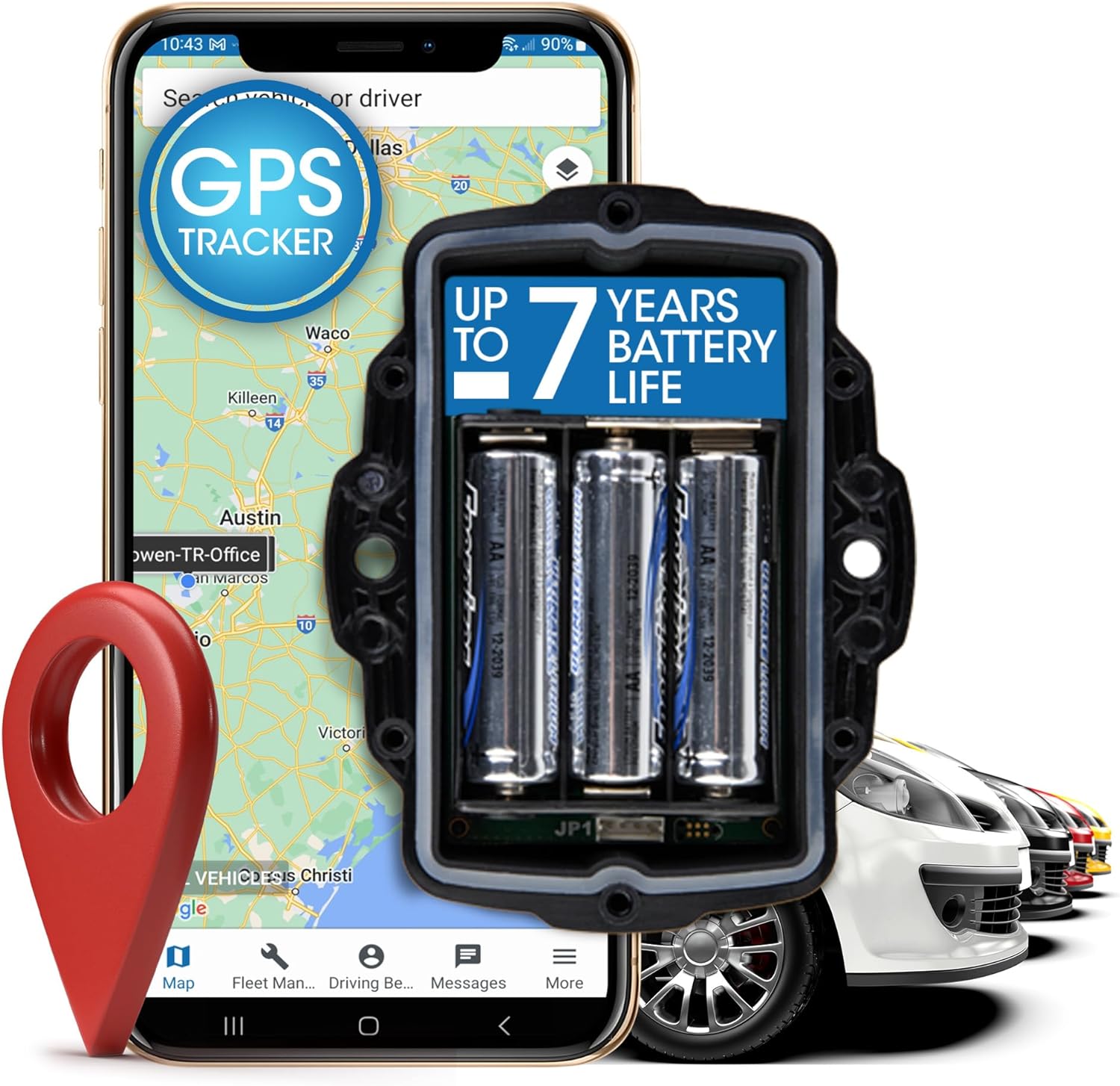Advanced GPS Tracking Solutions: Keeping Your Properties Secure
Advanced GPS Tracking Solutions: Keeping Your Properties Secure
Blog Article
Navigating the Future of GPS Tracking: Innovations, Challenges, and Opportunities Ahead
As we stand at the crossroads of societal implications and technical innovations, the landscape of GPS tracking is positioned for a transformative journey in advance. With excellent development comes excellent responsibility, as information personal privacy issues impend big and security obstacles in General practitioner tracking raise pertinent inquiries about protecting delicate info.
Advancement of GPS Technology
Established for army objectives, GPS innovation has actually progressed to end up being a common device in numerous fields, including transportation, logistics, farming, and individual navigation. Early General practitioner systems were defined by restricted insurance coverage, lower accuracy, and bulkier equipment requirements.
One key landmark in the evolution of GPS technology was the growth of Selective Schedule (SA) in the 1990s, which purposefully degraded the precision of civilian General practitioner signals. As General practitioner technology continues to evolve, we can expect more renovations in coverage, precision, and performance, opening up new possibilities for technology and applications across various industries.
Real-Time Monitoring Developments
Structure on the innovations in GPS technology that have actually reinvented precision and coverage, real-time monitoring has actually become a pivotal area of innovation with profound effects across various fields. Real-time tracking innovations enable organizations and businesses to check workers, assets, and vehicles instantly, giving valuable understandings for decision-making procedures - gps tracking. By leveraging real-time data, business can enhance operational performance, enhance client service, and make sure the security and protection of their properties
Among the crucial advancements in real-time tracking is the integration of synthetic intelligence and artificial intelligence formulas, which allow anticipating analytics and anomaly discovery. These capacities permit proactive maintenance organizing, path optimization, and risk reduction strategies. Moreover, the advancement of real-time monitoring systems has caused the growth of customizable dashboards and mobile applications, equipping individuals to gain access to important info anytime, anywhere.
Data Privacy Worries

Information privacy issues encompass numerous facets, including the storage space, sharing, and retention of area data. Businesses must apply durable security steps to safeguard GPS monitoring data from cyber threats and data breaches. Transparent policies relating to information collection methods and the purpose of monitoring are necessary to build trust fund with consumers and make sure conformity with data security laws.
Safety And Security Difficulties in GPS Tracking
Attending to data privacy concerns in GPS monitoring is elaborately linked to minimizing the safety and security challenges that emerge from potential susceptabilities in the modern technology. Among the key safety difficulties in GPS tracking is the threat of unauthorized accessibility to delicate place information - gps tracking. Hackers might obstruct general practitioner signals, control area information, or perhaps track people without their consent. This not only invades personal privacy yet likewise poses major safety dangers.
An additional safety challenge is the possibility for spoofing or obstructing GPS signals. By conflicting or relaying incorrect signals with reputable ones, destructive stars can deceive GPS receivers and manipulate area information. This presents dangers not just for private users yet likewise for military and governmental applications that rely upon exact positioning information. Applying durable file encryption, authentication measures, and signal confirmation methods are crucial steps in gps tracking dealing with these security obstacles in GPS monitoring.
Emerging Opportunities in the Market
The blossoming field of general practitioner monitoring modern technology presents a myriad of promising opportunities for market development and development. One essential possibility hinges on the development of general practitioner monitoring applications beyond conventional markets. Industries such as logistics, transport, and fleet management have been see this page very early adopters of GPS innovation. Emerging chances are currently occurring in areas like health care, farming, and environmental monitoring. GPS tracking can transform person care by allowing remote monitoring of essential indications and guaranteeing prompt clinical help. In agriculture, GPS technology can enhance plant administration techniques and boost overall return. Ecological surveillance can benefit from GPS tracking by making it possible for real-time data collection for environment research and preservation efforts.
Additionally, the boosting need for connected devices and IoT options offers a ripe possibility for General practitioner tracking business to expand their offerings and create innovative services that cater to a much more connected globe. By utilizing on these arising possibilities, GPS tracking companies can place themselves for continual development and success in the vibrant landscape of the sector.
Verdict
In final thought, the future of General practitioner monitoring is noted by continual advancement and development in innovation. As the sector relocates forward, navigating these challenges will be crucial to ensure the continued growth and success of General practitioner tracking innovation.
With wonderful technology comes fantastic duty, as data privacy problems impend big and protection challenges in General practitioner monitoring raising pertinent concerns concerning safeguarding sensitive info.With the fast spreading of General practitioner tracking innovation in different markets, resolving information personal privacy worries has actually become an important necessary for both organizations and consumers alike. The collection of area data with General practitioner tracking raises considerable personal privacy issues, as it allows the surveillance of individuals' behaviors and motions. Businesses using General practitioner monitoring have to prioritize securing this information to avoid unapproved access or abuse that could endanger individuals' personal visit the site privacy legal rights.
Organizations have to carry out robust safety and security measures to protect General practitioner tracking information from cyber dangers and information breaches.
Report this page